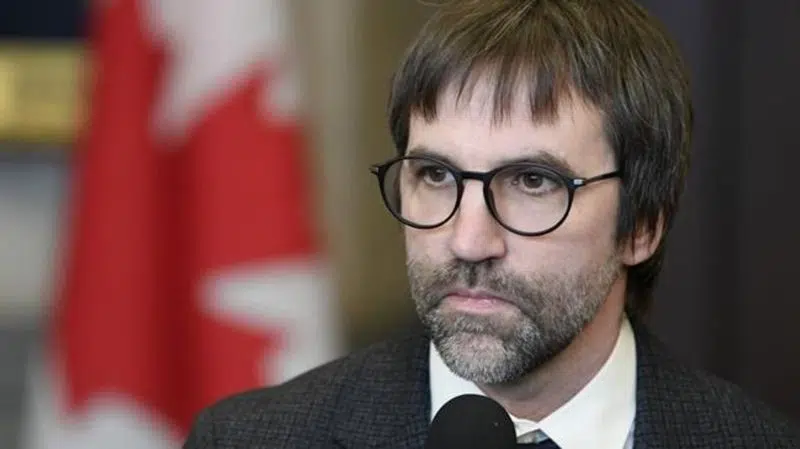
Canada develops COVID-19 guidelines on when to cancel major events
OTTAWA — The Public Health Agency of Canada has posted guidelines aimed at helping event planners figure out whether to cancel mass gatherings of people as the federal government works to quell the potential spread of the novel coronavirus.
The next best thing to stopping the virus completely is to slow it down, public health officials have said, and try to delay widespread community transmission as long as possible to ease the burden on the health-care system.
In the United States, where COVID-19 has sickened more than 800 people and killed at least 30, sports teams are playing without crowds, several concerts have been cancelled and some schools and universities are shutting down in an effort to keep the virus from spreading.
Canada, meanwhile, has seen very limited domestic transmission of the virus, and event planners say it’s largely business as usual until that changes.


